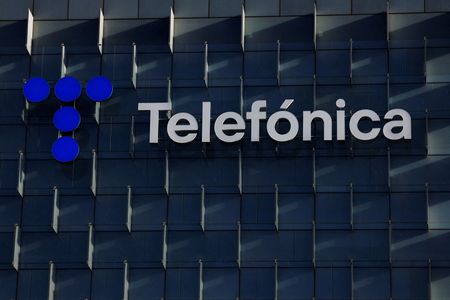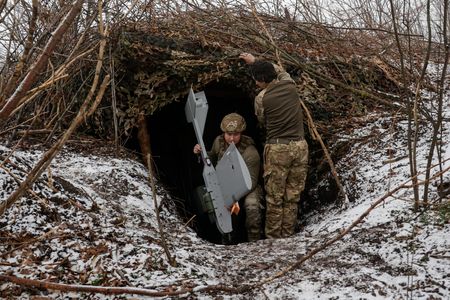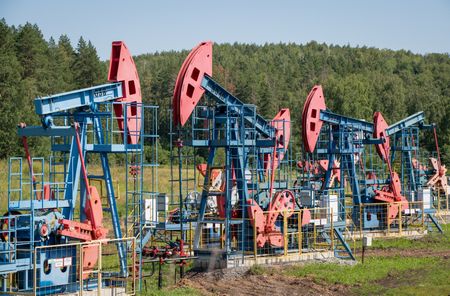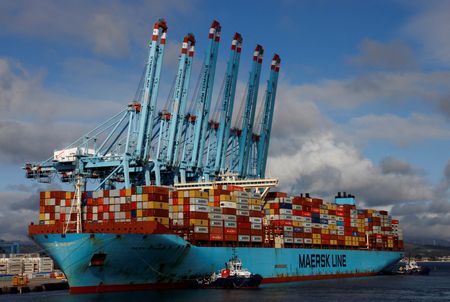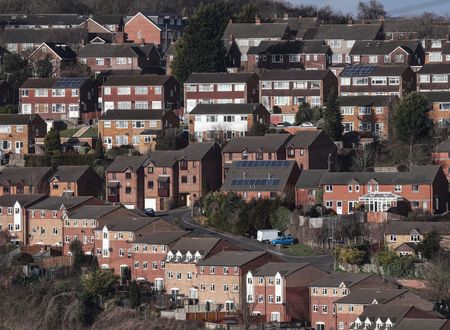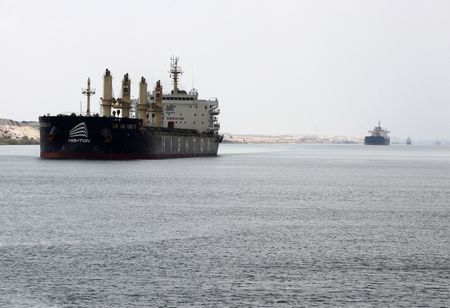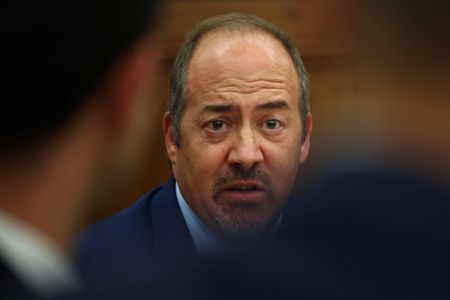MADRID (Reuters) – Spanish telecom giant Telefonica’s shares fell around 3% on Monday, with investors wary of political interference after an unexpected ouster of its chief executive prompted by a request from the government.
Telefonica’s board decided in an extraordinary meeting held on Saturday to replace CEO Jose Maria Alvarez-Pallete with Marc Murtra, the chairman of defence company Indra, following a request by SEPI, the state fund that owns a 10% stake in Telefonica.
“Bringing in an executive with limited telecoms experience and what appears to be a political appointment without undertaking a broader market search is not necessarily in the best interests of the company at first sight,” analyst James Ratzer of NewStreet Research wrote in a note to investors.
Murtra, who until now headed 28%-state-owned Indra, held a government job in 2008-2011.
Borja Semper, lawmaker and spokesperson for the conservative opposition People’s Party, criticised the move as “an assault” on the company.
Telefonica and the government declined to comment.
Alvarez-Pallete’s term had been due for renewal this year at the annual general shareholders meeting usually held in April or May.
He had led the company since 2016.
The government of Socialist Prime Minister Pedro Sanchez bought a 10% stake worth about 2.3 billion euros ($2.4 billion in Telefonica through SEPI last May to counterbalance the acquisition of a similar stake by Saudi Arabia’s STC in late 2023.
The acquisition gave the state a seat on Telefonica’s board, while STC has yet to gain a presence on the board.
The government only approved STC’s shareholding in November after a long deliberation as Telefonica is considered a defence service provider and a strategic company.
Over the past years, Telefonica, like rivals in Europe, has faced a squeeze on profitability from fierce competition and the need for hefty investment in infrastructure for 5G next-generation mobile technology.
Despite the tough telecom environment, Alvarez-Pallete had targeted an increase in cash flow to 5 billion euros by 2026 from 3 billion in 2023, with a focus on fibre networks and digital services, and promised dividends above 2023 levels.
($1 = 0.9690 euros)
(Reporting by Inti Landauro and Jesus Aguado. Editing by Andrei Khalip and Mark Potter)

